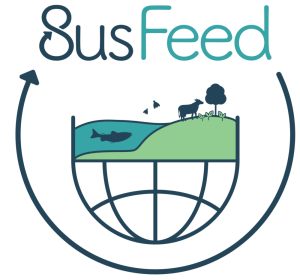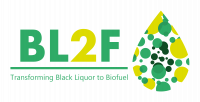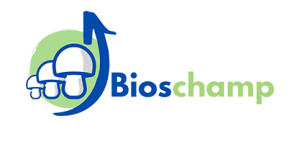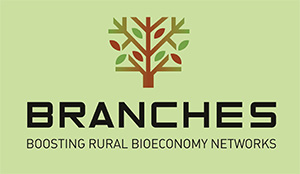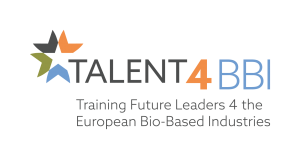BioRural project
Project concluded
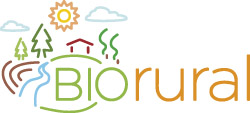
Accelerating circular bio-based solutions integration in European rural areas
BioRural’s goal is to create a European Rural Bioeconomy Network to promote small-scale bio-based solutions in rural areas and support the transition towards a sustainable, regenerative, inclusive and just circular Bioeconomy across all Europe at local and regional scale. BioRural will achieve this through a three-pillar intervention scheme that feeds into a publicly available BioRural Toolkit that creates a wide network of collaborative stakeholders on a regional and European level; assesses the existing European rural Bioeconomy and captures grassroots-level needs and ideas for the adoption of biobased solutions; includes a range of small scale bio-based success stories; promotes effective exchange of knowledge and information through a series of workshops; holds a bioeconomy challenge for new practical bio-based solutions; and develops rural Business model blueprints for Bioeconomy businesses from conception to scale.
Contacts:
Thanos Balafoutis: a.balafoutis@certh.gr
Bas Paris: b.paris@certh.gr
Despoina Kampouridou: despoina@foodscalehub.com
website: www.biorural.eu




